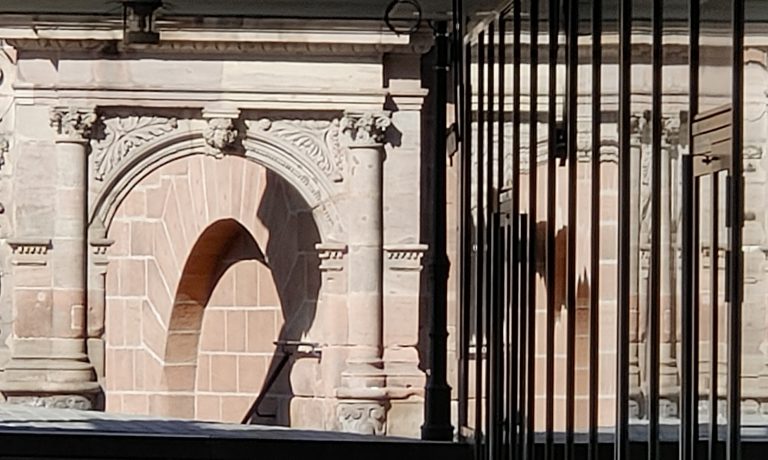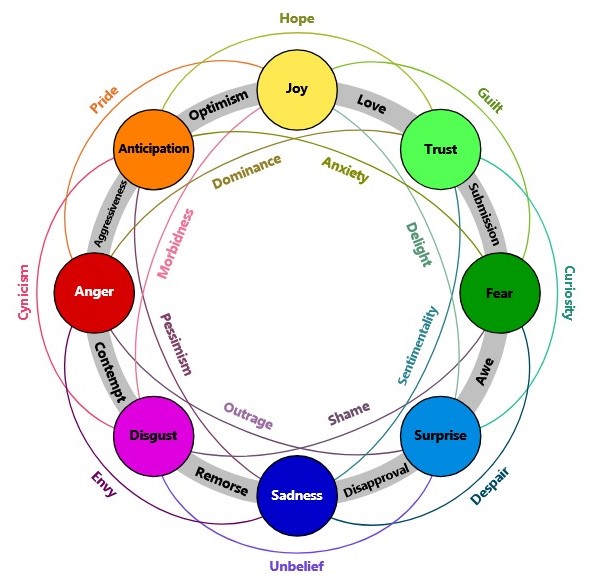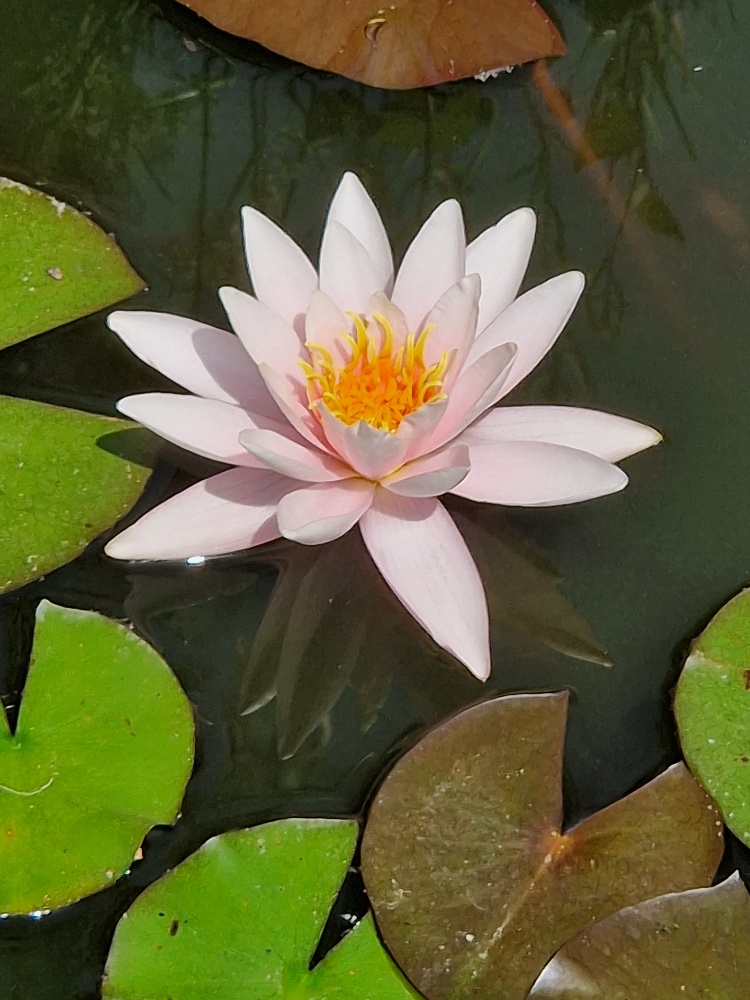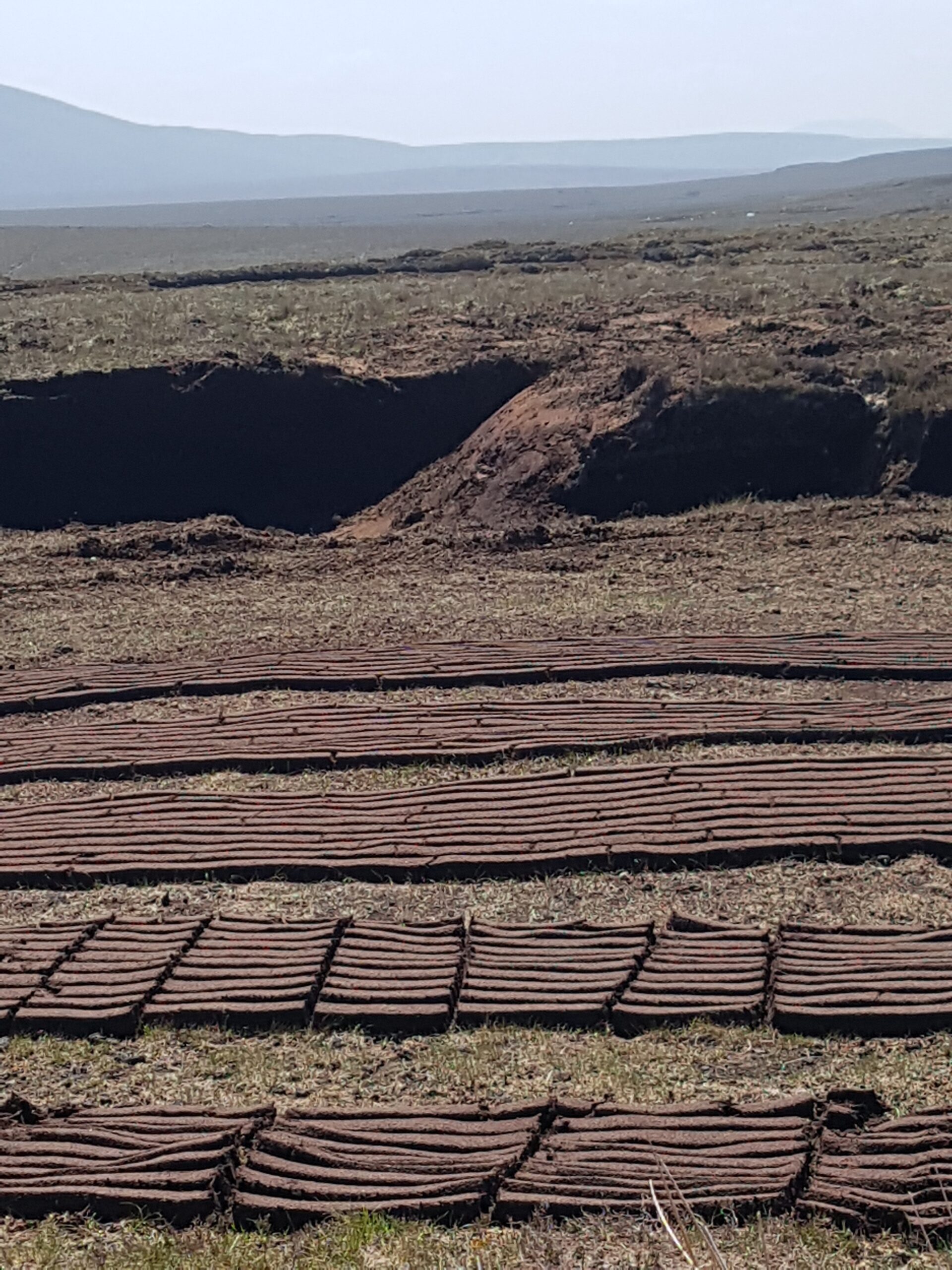We cannot change anything until we accept it. Condemnation does not liberate, it oppresses.
Carl Gustav Jung
It’s not your job to like me – it’s mine.
Byron Katie
Great Spirit, grant me
The serenity to accept the things I cannot change,
Courage to change the things I can,
And the wisdom to know the difference.
Reinhold Niebuhr
The following story came to me recently:
`A shaman was once asked: What is poison?
Poison is anything over and above that which you need. It could be power, laziness, food, ego, ambition, vanity, fear, anger, or anything else you do not need.
What is fear?
Fear is the refusal to accept the unknown. When we accept not being secure, fear becomes adventure.
What is envy?
Envy is the refusal to accept the goodness in the other. When we accept this goodness, it becomes inspiration.
What is anger?
Anger is the refusal to accept everything which is beyond our control. When we begin to accept it, it becomes tolerance.
And what is hatred?
Hatred is the refusal to accept others as they are. When we accept them unconditionally, it becomes love.´
Emerging into adulthood in the late seventies, I had great difficulties in accepting many aspects of life. My home town; the circumstances of my family; death – which had recently visited our house; how I looked and felt; the post-modern world into which we had been born, a world with the potential, for the first time in history, of wiping our species off the face of the earth by means of atomic weaponry; and the emerging realisation that the greed and stupidity of our species was pushing this beautiful planet to the brink, in terms of ecological rape and plunder.
I railed against the system, not yet realising that the only person I could change was me. Brutal youth tells us that we can change the world by changing others, by simply applying enough pressure. It took a while for the reality to sink in, a reality so eloquently expressed by Gandhi when he said: `Be the change you want to see in the world.´
This was one of my early lessons in acceptance. But it took a long period of gestation to move from concept to practice. Along the way, my many saboteurs successfully managed to distract, derail, and dishearten me. There was the defiance, which balked at the world daring not to be as I wised it to be; the resentment at all the suffering that had ensued from this disconnect, and the resignation that told me that `there was no point in trying to change anything´.
My saboteurs were greatly helped by my predisposition to deny reality with the help of those substances now available to all young people on the route to adulthood; alcohol and weed, to mention only the most readily available. The result of this pattern was the generation of even more problems, while the initial ones remained unsolved. In this manner I trundled along into mid life, where I finally crashed and burned. Sometimes things need to collapse entirely to make space for the new.
A formative experience in acceptance happened some years earlier during a week-long silent meditation retreat in southern Bavaria. I was having great difficulty in sitting still, due to both my racing mind and the great pain that had spread up my back and into both shoulders. On the point of deciding to break off and go home, I asked the instructor, my spiritual advisor at the time, for an opportunity to speak with him at his convenience. He came back a little later with a note on which he had written `18.00 heute, bei mir oben´. Later that day, following his invitation, I climbed the stairs of the ancient, beautifully refurbished, cosy farmhouse to his office on the second floor. The door was ajar, and he beckoned me in.
I got down to business right away, describing my predicament and sheepishly suggesting that the best solution might be for me simply to break off and leave. He asked me to tell him more about the pain and my ideas about what it might mean. An exchange ensued which ended with him telling me that he was not surprised to hear of my current dilemma. In fact, what did surprise him was that I had made it this far in the first place!
He explained that what he saw before him was a young man who had been carrying the weight of the world on his shoulders since early childhood. That was enough to break anyone. He suggested that I set down this load, forgive my self and my circumstances for all that had transpired, and begin to answer the call of the inner five-year-old who had been yearning and calling for my attention for so many years.
A lesson of true acceptance. Acceptance of self, of others, of circumstances. Of the entirety of the past, and of the present moment. Of whatever my lie around the next bend in the road. Acceptance of the fact that my response of attempting to control everything, while understandable, was not only no longer working, but was the source of even further suffering, for me and my loved ones, with each new day, long after the records of the original hurts had been bleached by the passage of time.
His response that day in his little timber framed office penetrated my heart. If he could accept me in such a loving manner, then maybe I could also. This was the advent of a process that continues to this day. A process of unconditional acceptance of whatever the world puts in my path. No resistance, simply clear, judgement-free discernment followed by focussed action. Change the things I can, accept the things I cannot, and engagement in the daily practice which better enable me, with each new day, to discern the difference.
Some people confuse acceptance (of them by others) with co-dependence; providing a licence to spread out their own self-destructive habits unchecked, or `spewing´, as Anne Wilson Schaef called it. An entitlement to be `authentic´ is interpreted as a badge of integrity, without which relationships would be unloving and hollow.
But there’s a world of difference between compassion and enabling. The latter fails to distinguish between what is life-affirming and what is life-negating, destructive, and toxic; compassion – the pre-requisite for acceptance – , makes that distinction. Enabling encourages the self-destructive, self-rejecting dynamic; acceptance transforms it by relieving it of impossible burdens.
It is possible to unconditionally accept the `being´ of a person, while at the same time drawing healthy boundaries with respect to their `doing´. To this day, this remains one of my greatest challenges.










